OVERVIEW
M.A. Applied Psychology* is a two-year post-graduate programme that enhances and builds upon the knowledge and skills gained from theoretical and practical learning. It is designed to teach various theories, methods, techniques, and principles in the scientific study of behaviour and mental processes. This programme intends to prepare students to practice in the areas of psychological assessment and diagnosis, human resources, counselling and therapy, group influence, and psychological research. This programme aims to encourage learners to explore connections between the major and other disciplines.
*Subject to Approval

Programme Highlights
Exploring the Depths of
Human Behavior and Thought
Our curriculum is as multifaceted as the complex psychological landscapes our graduates will explore. The course design melds foundational theories of psychology with contemporary applications and insights, ensuring a thorough and progressive educational journey. This approach equips students with a deep understanding of both classic psychological principles and the latest advancements in applied psychology, preparing them for a dynamic and impactful career in the field.
Programme Structure
- Introduction to Applied Psychology
- Applied Social Psychology
- Applied Cognitive Psychology
- Advanced Research Methods
- Practicum
- Applied Psychometrics
- Advanced Statistical Techniques
- Psychopathology
- Positive Psychology
- Practicum
- Field Training Internship / (Theory-Practice Integration)
- Practicum
- Community Mental Health
- Psychological Therapies
- Human Resource Management
- Health Psychology
- Media Psychology
- Counseling and Socio cultural Context
- Childhood Psychopathology
- Cyber Psychology
- Post-graduate Thesis / Dissertation
- Sports Psychology
- Psychology of Trauma
Connecting Talent to Dream Careers
At KRMU, we are proud to collaborate with a distinguished array of institutions and organizations in the field of psychology and mental health. Esteemed entities such as mental health clinics, educational consultancies, and research organizations actively participate in our recruitment initiatives for the M.A. Applied Psychology* programme. This engagement not only enriches our academic environment but also provides our students with valuable opportunities for practical experience and potential career paths in psychology.
Career Options
Our M.A. Applied Psychology* programme unlocks a diverse spectrum of enriching career opportunities in the field of psychology. Graduates from this programme are thoroughly equipped with the knowledge and skills to thrive in various dynamic and impactful roles.
Below, we highlight five key career paths, while acknowledging that there are numerous other fulfilling opportunities available:
Financial Assistance
K.R. Mangalam University partnered with the leading banks to help you to finance your dream course through Education Loan. You only have to start repaying one year after finishing your course or six months after you get a job.
Frequently Asked Questions
Commence Your Journey
in 6 Simple Steps

Complete payment and submit
Pay the required Application Fee
Take an entrance test
K.R. Mangalam University Entrance Examination (KREE)
Appear for interaction
Attend our Faculty-Led Interview.
Get the admission offer
You will receive the offer letter after the successful interaction
Get Enrolled
Be prepared to embark on your journey











